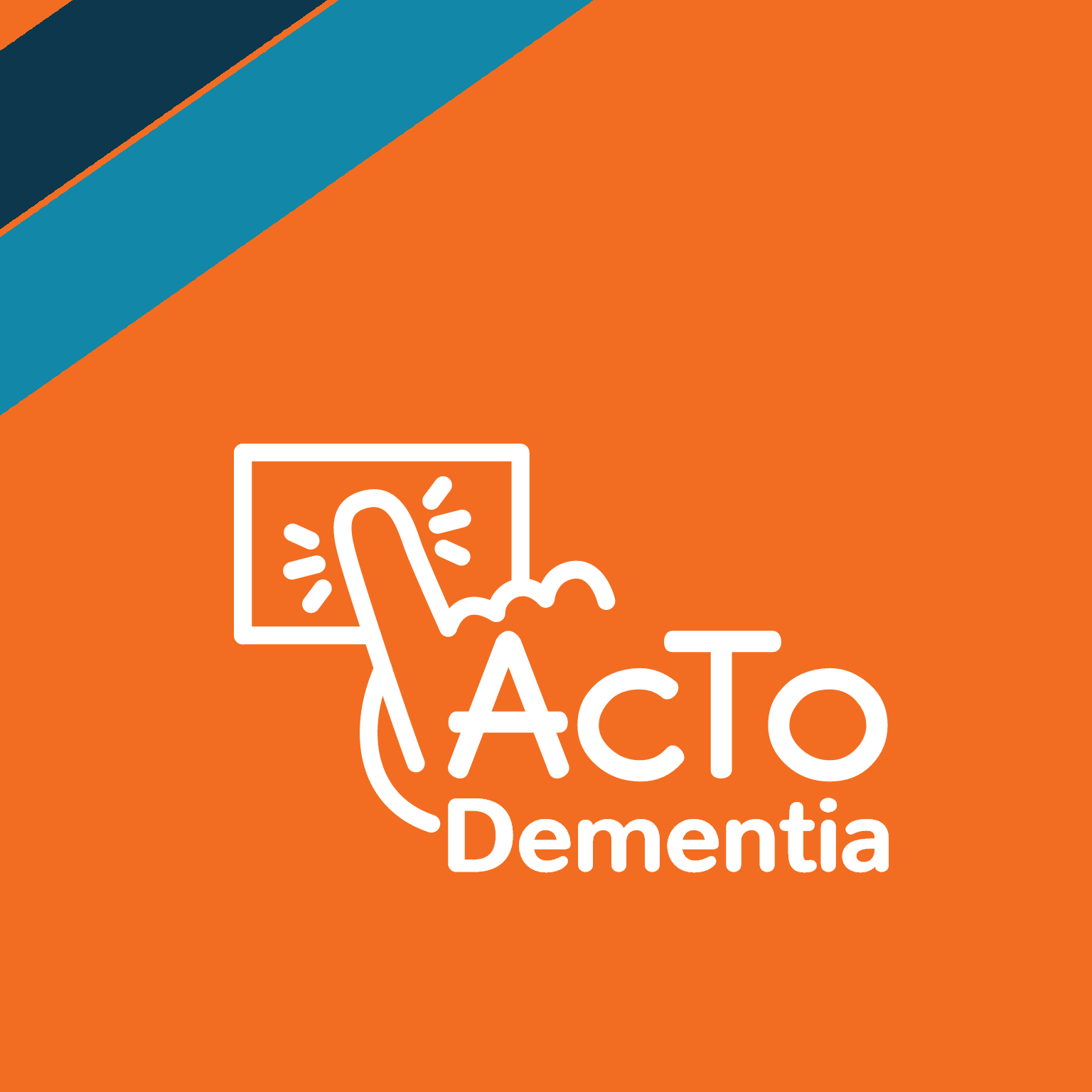Sea Hero Quest: Play a touchscreen game for dementia research
/A collaboration between Alzheimer's Research UK, Deutsche Telecom and researchers from University College London and the University of East Anglia has led to the creation of a touchscreen mobile game that collects data from players to support dementia research.
The game, Sea Hero Quest, was developed by Glitchers and requires players to memorise map locations and navigate their ship to a destination, as well as testing their orientation skills.
From the project website:
"One of the first symptoms of dementia is loss of navigational skills. Currently there is no benchmark that shows whether someone is getting lost because of the disease or natural ageing. Now everyone can be part of helping to create one".
As players navigate and orientate their way through the app's storyline, their data is captured and securely stored by the researchers, creating a vast crowd-sourced data set. According to the team, playing Sea Hero Quest for just two minutes equates to five hours of traditional lab-based research. Therefore if 500,000 thousand people play for this length of time, the researchers will have gathered more than 50 years worth of research.
Importantly, the researchers state that Sea Hero Quest is in no way a diagnostic tool for dementia, and having poor navigation skills does not necessarily mean a person has dementia. For more information on the project, visit the official website.
Sea Hero Quest is not featured as one of our recommended apps as its reliance on memory might not be suitable for people who already have a diagnosis of dementia. However, it is designed for all ages and given the value of the contribution, we encourage people to download and play the game.









